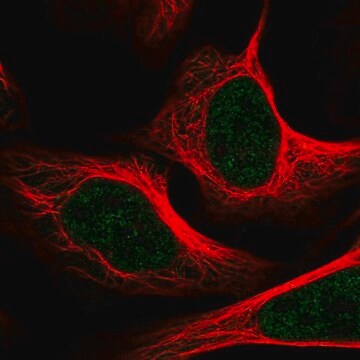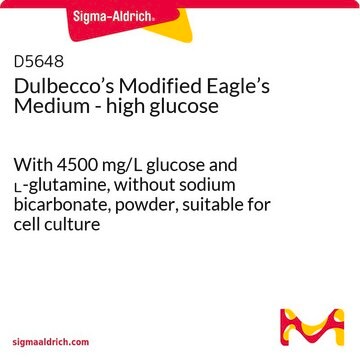MTOX1304
Canine MDR1 Knockout, Human BCRP Knockin MDCKII Cells
canine kidney (cocker spaniel)
Sinónimos:
MDCKII MDR1 KO hBCRP knockin
About This Item
Productos recomendados
Nombre del producto
Canine MDR1 Knockout, Human BCRP Knockin MDCKII Cells,
origen biológico
canine kidney (cocker spaniel)
Nivel de calidad
Formulario
liquid
temp. de almacenamiento
−196°C
Información sobre el gen
human ... ABCG2(9429)
Aplicación
Características y beneficios
Calidad
Información legal
Cláusula de descargo de responsabilidad
Código de clase de almacenamiento
10 - Combustible liquids
Clase de riesgo para el agua (WGK)
WGK 3
Punto de inflamabilidad (°F)
Not applicable
Punto de inflamabilidad (°C)
Not applicable
Elija entre una de las versiones más recientes:
Certificados de análisis (COA)
¿No ve la versión correcta?
Si necesita una versión concreta, puede buscar un certificado específico por el número de lote.
¿Ya tiene este producto?
Encuentre la documentación para los productos que ha comprado recientemente en la Biblioteca de documentos.
Filtros activos
Nuestro equipo de científicos tiene experiencia en todas las áreas de investigación: Ciencias de la vida, Ciencia de los materiales, Síntesis química, Cromatografía, Analítica y muchas otras.
Póngase en contacto con el Servicio técnico








